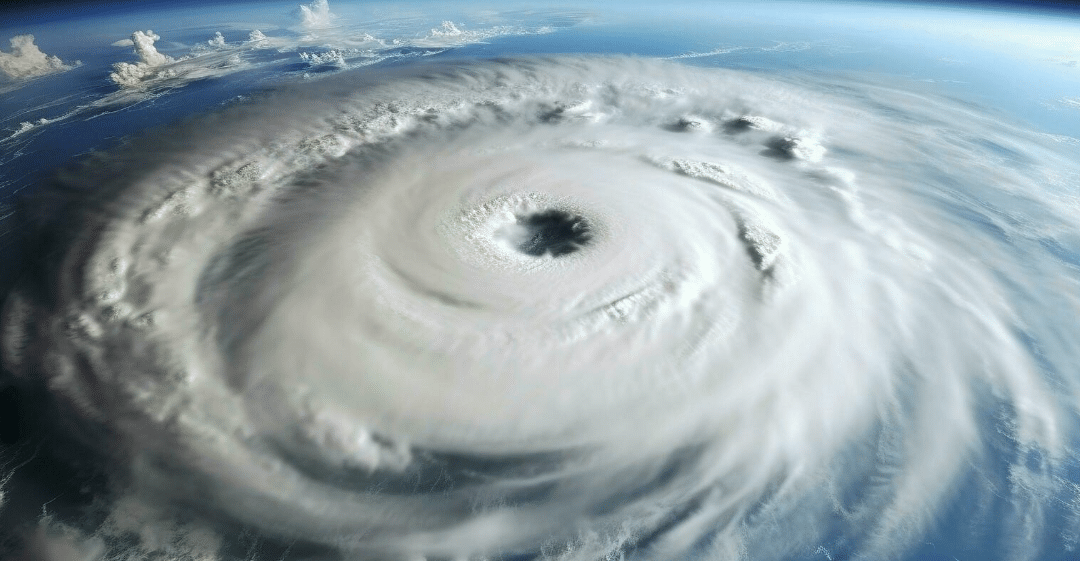How Advanced Water Tests are Revolutionizing Hurricane Forecasting
When it comes to hurricanes, every minute counts. Whether on the Gulf Coast or the Eastern Seaboard, you’ve seen firsthand how unpredictable these storms can be. For many, the anxiety around hurricane season is real, and the need for accurate forecasts couldn’t be more critical. But what if I told you that a revolutionary breakthrough is changing it up when predicting hurricanes? That’s exactly what’s happening right now, thanks to advanced water tests that are helping scientists understand hurricanes in ways we never thought possible.
These advanced water tests work and are a huge deal, and how they could be the key to saving countless lives.
What Are Advanced Water Tests?
Scientists now leverage ocean water’s properties to better predict hurricane paths and intensities. But what exactly are these tests, and how do they help?
Understanding Water Properties to Predict Storms
Advanced water tests focus on studying specific properties of ocean water, such as temperature, salinity, and nutrient levels. These seem like basic parameters, but they play a huge role in determining the conditions that give rise to and sustain hurricanes. Think of it this way: hurricanes are heat engines, and ocean water is their fuel. By analyzing the heat content of water, scientists can get a more precise idea of whether a storm will intensify or weaken and where it might head next.
This research goes beyond traditional methods of using atmospheric data alone. By adding the insights gained from these water tests, meteorologists can make earlier and more precise predictions, offering crucial lead time for those in a hurricane’s potential path.
Why Is This a Critical Breakthrough?
- Early Warning = More Time to Prepare: Imagine knowing with more certainty that a storm will make landfall in five days instead of getting vague updates that keep changing. Getting accurate, earlier predictions gives communities more time to prepare.
- Better Resource Allocation: Emergency services often struggle with where to send their resources during hurricane season. Advanced water tests allow for more targeted forecasts, meaning that aid efforts can be concentrated where they are most needed.
The Science Behind the Tests
Water properties such as temperature anomalies and salinity gradients tell a complex story of how energy is transferred within the ocean. Warm water is like a turbocharger for hurricanes, and by testing the water temperature in the hurricane’s projected path, scientists can estimate how much power the storm is likely to gain.
Salinity plays a role as well. When salinity levels drop, it often means a lot of freshwater mixes into the ocean from rivers or heavy rainfall, which can impact the temperature dynamics and ultimately influence the storm’s behavior.
How This Affects You
Safer Communities: Advanced water tests mean more precise predictions, ultimately leading to safer communities. More warning means more time to get your family to safety, to board up your home, and to gather supplies.
Economic Impact: Accurate hurricane forecasts save lives and money. Businesses can take preventive measures earlier, mitigating the risk of stock loss or facility damage.
What Comes Next?
While the advancements made through water testing are revolutionary, the field of meteorology is always evolving. Scientists are looking into how machine learning can further optimize the predictive models fed by this oceanic data, leading to even better accuracy in the future. Integrating AI with advanced water tests could be the next leap forward in hurricane forecasting.
Want to know more about how AI is shaping the future of weather forecasting? Check out our detailed guide on machine learning in meteorology.
Related Content
- Better Hurricane Forecasting Thanks to New Technologies
- Multi-Season Evaluation of Hurricane Analysis and Forecast System
- Monitoring Hurricanes and Mitigating the Aftermath with Advanced Tech
- How Open Science and AI Are Advancing Hurricane Research
- AI Weather Models Have Shown Promise This Hurricane Season

